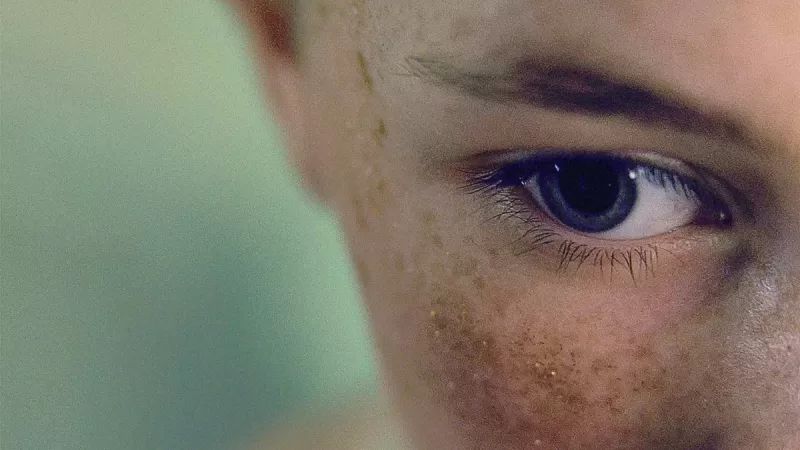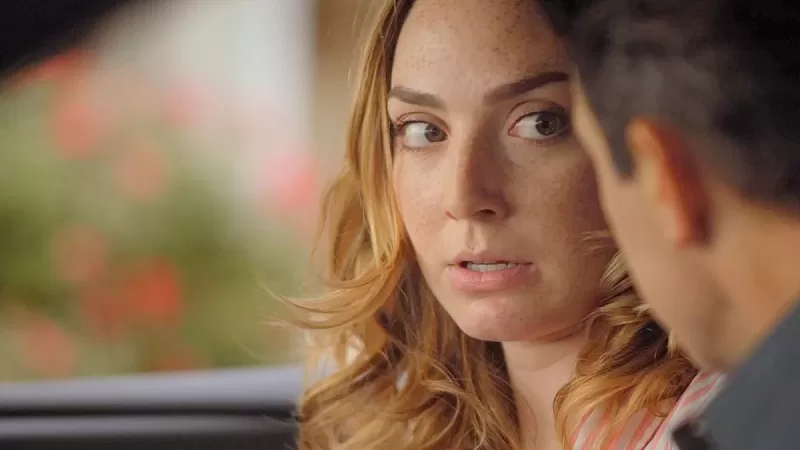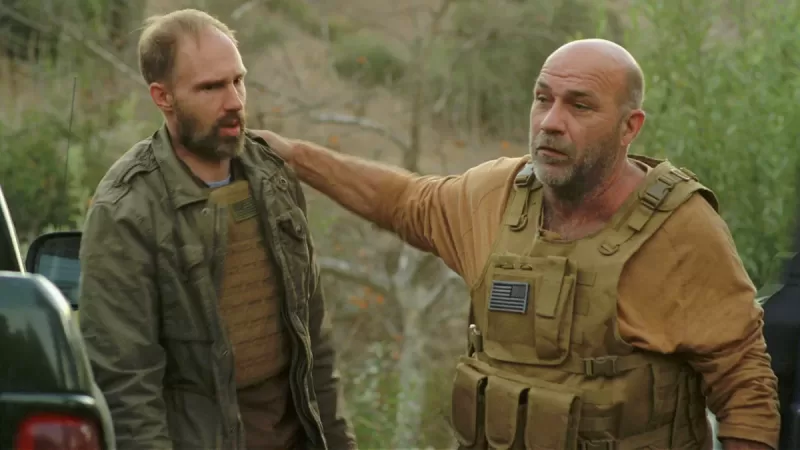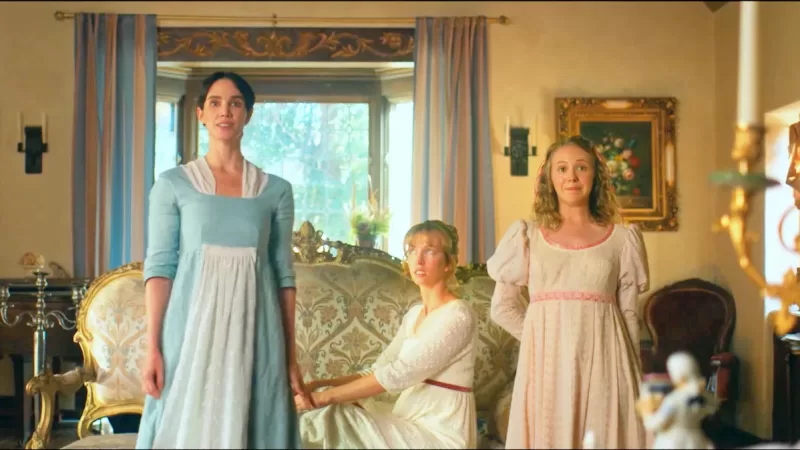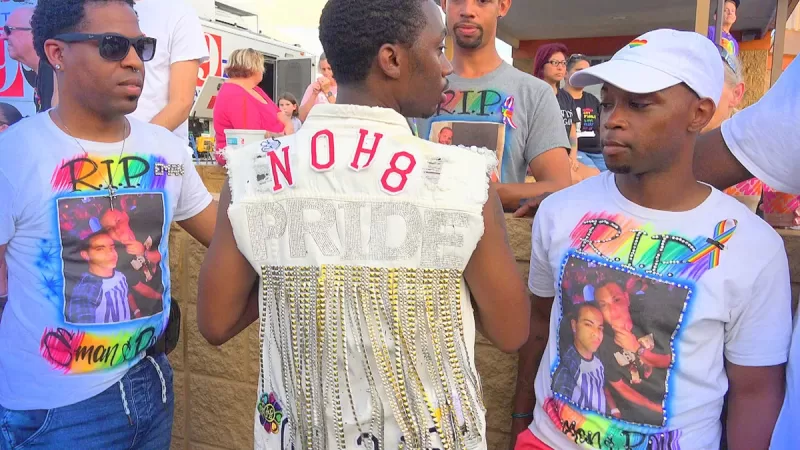
indieactivity: Give a background of your personal experience with the story, writing, production and marketing?
Javier: Regionrat was based on the book by Richard Laskowski. The process was far much more fun that writing from scratch because there is so much great stuff already in the book. My goal was to be as loyal to the book as possible. Development took 13 years because the script was all over Hollywood, bouncing from company to company, from option to option. Eventually we did it alone.
Production was very restricted, because of the budget, but we had an amazing crew who worked very hard to get this made. I will forever be grateful to them. Regarding marketing, since we are waiting to hear from festivals, no marketing has been done yet, although we just partnered with Bidslate to help us find distribution.
indieactivity: Did you start writing with a cast (You or any) in mind?
Javier: I usually do, however, since all characters are so young it was impossible for me to do so. I could not think of any young actors at that time that could play these roles. Once we had our first casting sessions, back in 2004, and I met with different upcoming talent, I became easier to imagine the character’s words coming out of their mouths.
Marcus Trumpp, the German film composer on Regionrat, talks his art
Back then, the talent attached to the film had people like Hayden Panettiere, Mae Whitman (amazing actor), Michelle Trachtenberg, America Ferrera, Laura Prepon, Luke Eberl, Clayne Crawford and others. Amazing group of kids that sadly got old as we struggled for funding. Now they are all very accomplished actors.
indieactivity: How long did you take to complete the script? (Do you have a process?)
Javier: The 1st draft was about 2 months, however, over the past 13 years I kept tweaking things all the time.
indieactivity: When did you form your production company – and what was the original motivation for its formation?
Javier: Grimster Pictures was a creation from frustration. We had to make this movie one way or another and I was not willing to wait anymore for others to get it done. I was promised lots of things by people, and production companies that never became reality.
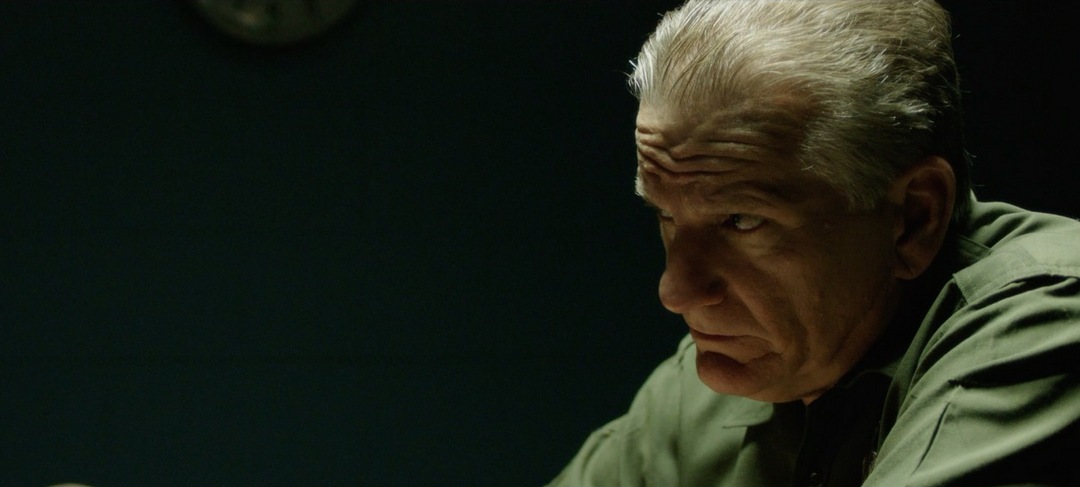
indieactivity: What was the first film out of the gate?
Javier: Finding money, always trying to find the damn money.
indieactivity: During production, what scene (that made the cut) was the hardest to shoot?
Javier: I am not sure if Carlos (interview), the cinematographer, would agree, but to me it was the scene where Ray is confronted by Colin inside the garage. We had one night to shoot the entire scene and by 5 A.M. we had only shot about half of it. We had to throw many moments away, and rushed through trying to get the sequence done one way or another. The home owners were not thrilled once they saw their home turned into a mini studio with people walking all over, and we knew we couldn’t come back. The scene is a lot shorter than it was supposed to be, but time is money and we had neither. That was very very painful.
indieactivity: What works better in this latest production that mightn’t have worked in the last one you did?
Javier: Carlos, my Cinematographer, and Johnny, my producer were key to this. Great leaders, and managers. There was never, ever, an angry moment with anyone. No fights, no arguments whatsoever, no egos trips. People wanted to be there. Hardly anyone had worked with each other, and yet, it was surprisingly a friendly shoot from the very beginning and until the last moment.
Carlos M. Jimenez, DoP on Regionrat, on creating Javier Reyna’s vision
indieactivity: You produced and directed the film, what measure of input did it take to don these hats?
Javier: Producing is not fun for me. I love the problem solving part, but on a film with such limited funding, it’s all frustrating. An example is getting locations, which can be very expensive, and with the lack of funding makes it very hard to lock dates, so a lot of times we would not be sure if we had a location the very next day.
We were shooting in Sylmar, California, at 4 Hearts studio, and by Six o’clock in the evening I was notified that the library people changed their mind and we could not use it the next day. In the book, Ray learns about the book Fear and Living in Las Vegas, by Hunter H. Thompson, by spending a day in the library. The library scene was a KEY moment in the film. It was horrible. I thought the next day would be shut, but Carlos said, Well, We have equipment, We have to shoot something.
On the way back home I was demoralized, and I felt the weight of a failing the production. I was on the 405 freeway and I was driving over Santa Monica Blvd. I turned right and I spotted The Nuart Theater. I exited the freeway, went inside the Nuart and begged the manager to rent us the theater to shoot a scene. He agreed to let us in for about 4 hours the next morning, but we’d have to be out before the 12 PM show. We were there unloading equipment by 7 am. So now, Ray learns about the book by watching the film first inside The Nuart theater. I like it better this way now.
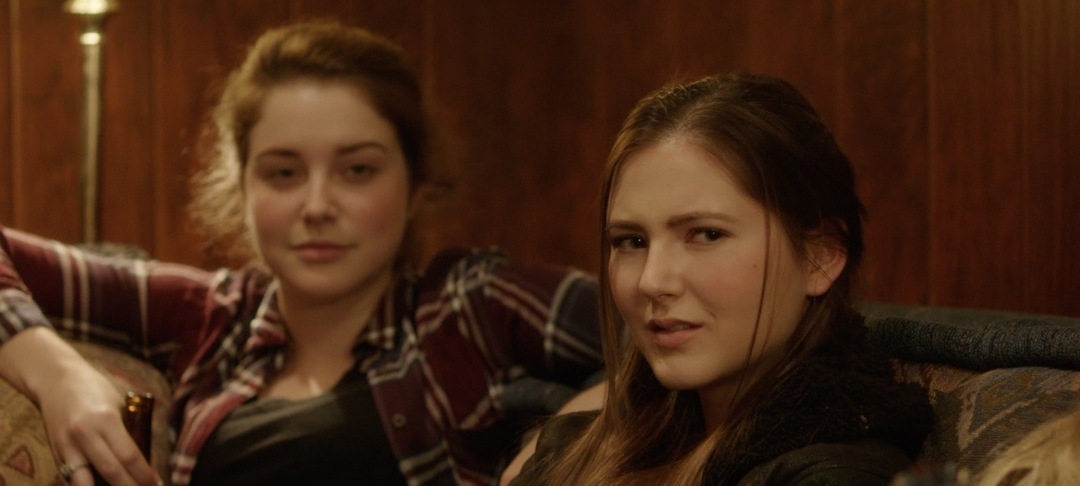
indieactivity: Is there anything about the independent filmmaking business you still struggle with?
Javier: The business part! I am no business man, My brain has a A side but lacks the B side. (I am assuming A is for Art and B is for Business?)
indieactivity: Where do you think your strengths line as a filmmaker?
Javier: Do I have any? I really don’t know. If I had talent I may not be struggling to get funding at my age (53). I do have a very clear vision of what I want. And I am very, very stubborn about getting exactly what I want, which usually makes me an asshole. You’ll have plenty of people backing up my last statement.
indieactivity: Let’s talk finance, How did you finance the film?
Javier: Rene Artola, our Executive Producer, trusted me blindly and financed half of the film, the rest was credit cards and me driving fucking Uber.
indieactivity: How important is marketing? Do you think a project can make any dent without it these days?
Javier: Not at all. Because of smartphones, everyone is a filmmaker now. This is causing an overwhelming amount of product in the market. There is a lot of noise out there. As I call distribution companies, they only have two questions, who, that is famous, is in the film, or how many people are following me on Social media.
Otherwise, they are not interested. Luckily for young people, they know how to use social media to promote their product. I always look for a small film that made it, and I like to analyze it. What did they do that was right? Most of the times I realize that “someone” gave them a break. If I hear of any film that came like, Regionrat, from nowhere and made it, without a “Godfather” type of figure involved, it makes me happy and hopeful. But it’s rare.
Case Study: Javier Reyna presents the making of Regionrat
indieactivity: What do you hope audiences get from your film?
Javier: For young people, I hope they relate to some of the characters, maybe they will see a mirror. Maybe the film will make them curious and be willing to take a fucking chance in life, to abandon bad habits and know that there is life beyond the horizon.
For adults, parents, I hope they can see beyond a bunch of teens smoking pot. These kids are lonely, hopeless, resigned to a life of misery. Making it to Drive-Thru management should not be a goal for a young person. In areas like the Region, sadly, it’s easy to predict the future
indieactivity: What else have you got in the works?
Javier: We would like to develop Regionrat into a dramatic series. We have lots of material from the book, and its upcoming sequel. So many things were left out of the film that need to be done.
Ready to go is The Room Above, a dramatic script that I’ve been writing since 1996. I am currently casting it and looking for funding. I can’t make this film on a shoe string budget like we made Regionrat. Knowing what distributors will be asking for before they see any of the footage, I need a real budget. Plus my Visa card is maxed out until further notice.
I have Building 50 (Drama), Stride, a family drama written by Rick Whelan, both ready to go. And I am finishing four more scripts that I have been working on: Cromo (Noir), Golden State (comedy), American Revision (adventure) and Return to Capistrano (Drama).
Escape by Howard J. Ford stars Sarah Alexandra Marks from Saban Now Out on VOD
Actress Sarah Alexandra Marks stars of a Saban action/thriller titled Escape
Andre Royo to Deliver Keynote Address at Beyond Hollywood Int’l Film Festival Awards Night
Andre Royo is at Beyond Hollywood Int’l Film Festival Release April 28th, 2024
CLODAGH Directed by Portia A. Buckley is an Official Selected Short at Cleveland
CLODAGH has been selected for the prestigious Cleveland International Film Festival
Stargazer by Alan McIntyre. A Spellbinding Tale of Science, Seduction and Betrayal Debuts April
Stargazer Gets Digital Debut for North American VOD Platforms and DVD on April 30, 2024
Day Labor by R. Ellis Frazier, Action Thriller Gets May Release
Freestyle Digital Media Acquires Action Thriller “Day Labor” For May Release
Jane Austen’s Period Drama Wins Audience Awards at Cleveland International Film Festival
Julia Aks and Steve Pinder’s Whimsical Comedic Short Wins The Audience Choice Award
Thomasin Lawson, Joins Honor Swinton-Byrne and Greta Bellamacina on “All Five Eyes”
Alta Global Media on board to Executive Produce the US/UK Co-Production
Exclusive Interview with Aleesha Yates on Feature Documentary, “Surviving Pulse”
Aleesha Yates is a driving force behind making “Surviving Pulse: Life After a Mass Shooting” feature doc.



